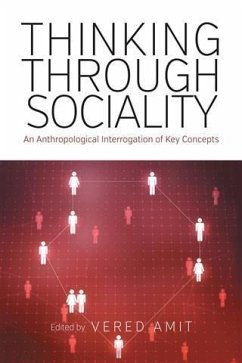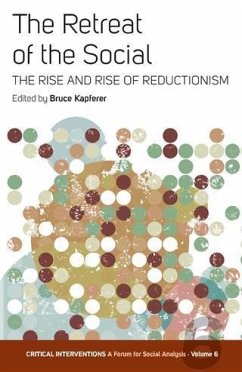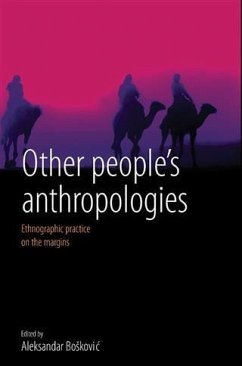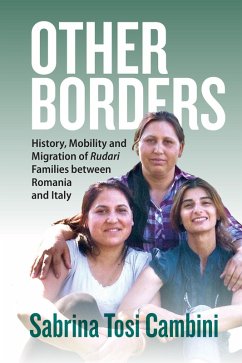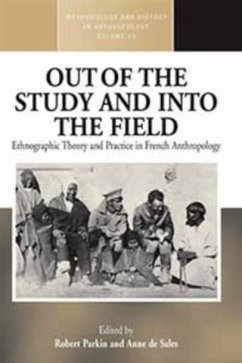
Knowing How to Know (eBook, PDF)
Fieldwork and the Ethnographic Present
Redaktion: Halstead, Narmala

PAYBACK Punkte
12 °P sammeln!
This volume examines some crucial issues in the conduct of fieldwork and ethnography and provides new insights into the problems of constructing anthropological knowledge. How is anthropological knowledge created from fieldwork, whose knowledge is this, who determines what is of significance in any ethnographic context, and how is the fieldsite extended in both time and place? Nine anthropologists examine these problems, drawing on diverse case studies. These range from the dilemmas of the religious refashioning of the ethnographer in contemporary Indonesia to the embodied knowledge of ballet...
This volume examines some crucial issues in the conduct of fieldwork and ethnography and provides new insights into the problems of constructing anthropological knowledge. How is anthropological knowledge created from fieldwork, whose knowledge is this, who determines what is of significance in any ethnographic context, and how is the fieldsite extended in both time and place?
Nine anthropologists examine these problems, drawing on diverse case studies. These range from the dilemmas of the religious refashioning of the ethnographer in contemporary Indonesia to the embodied knowledge of ballet performers, and from ignorance about post-colonial ritual innovations by the anthropologist in highland Papua to the skilled visions of slow food producers in Italy. It is a key text for new fieldworkers as much as for established researchers. The anthropological insights developed here are of interdisciplinary relevance: cultural studies scholars, sociologists and historians will be as interested as anthropologists in this re-evaluation of fieldwork and the project of ethnography.
Nine anthropologists examine these problems, drawing on diverse case studies. These range from the dilemmas of the religious refashioning of the ethnographer in contemporary Indonesia to the embodied knowledge of ballet performers, and from ignorance about post-colonial ritual innovations by the anthropologist in highland Papua to the skilled visions of slow food producers in Italy. It is a key text for new fieldworkers as much as for established researchers. The anthropological insights developed here are of interdisciplinary relevance: cultural studies scholars, sociologists and historians will be as interested as anthropologists in this re-evaluation of fieldwork and the project of ethnography.
Dieser Download kann aus rechtlichen Gründen nur mit Rechnungsadresse in A, B, BG, CY, CZ, D, DK, EW, E, FIN, F, GR, HR, H, IRL, I, LT, L, LR, M, NL, PL, P, R, S, SLO, SK ausgeliefert werden.





